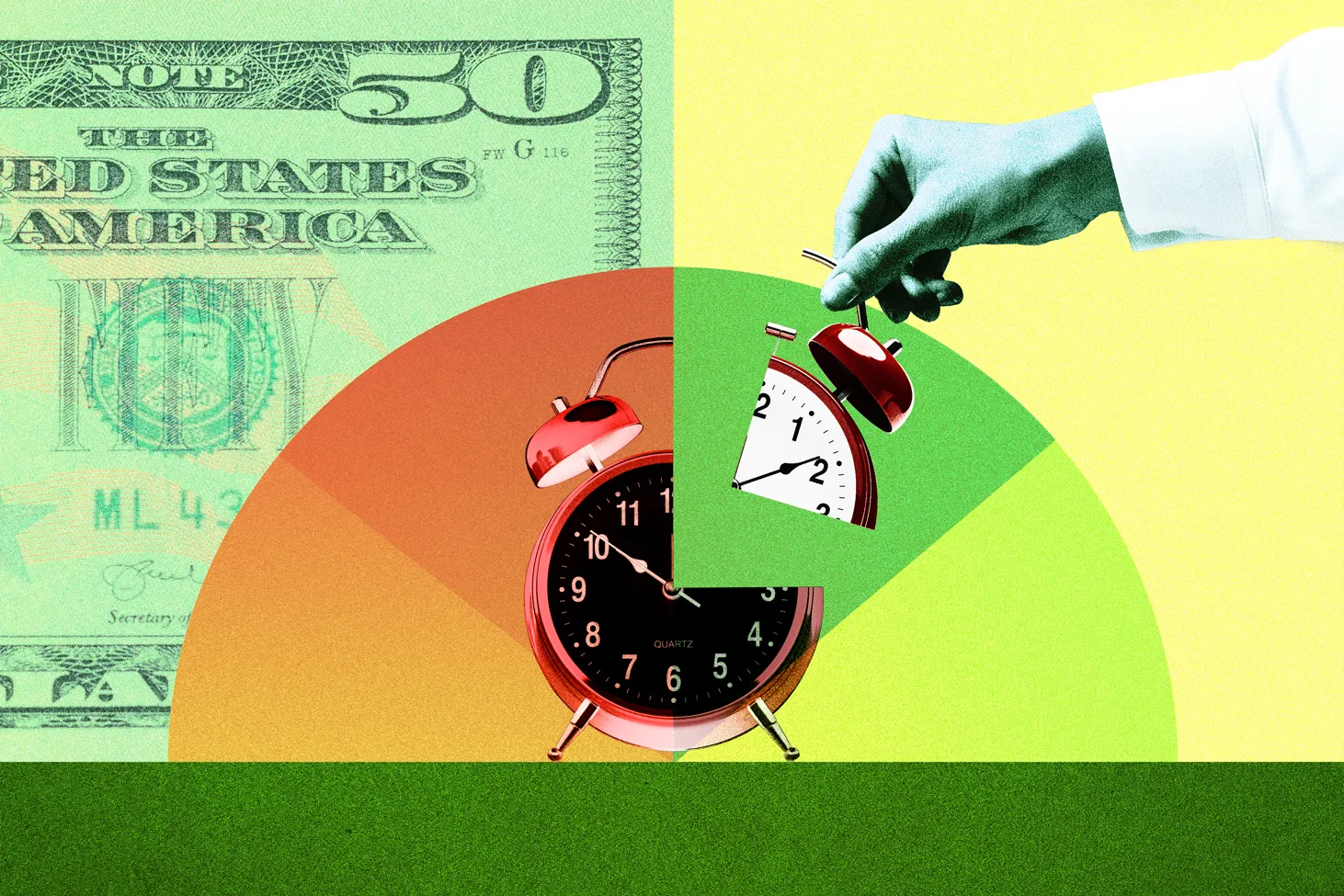
Cyber Monday, a term coined in 2005 by Ellen Davis, senior vice president of the National Retail Federation, has become an integral part of the American shopping culture, especially for those who prefer to avoid the Black Friday crowds. Initially, it was observed that consumers, upon returning to work after the Thanksgiving weekend, would make use of their office computers to do their holiday shopping online. This trend led to the birth of Cyber Monday, a day dedicated to online shopping deals, which falls on the Monday after Thanksgiving.
The inception of Cyber Monday was a response to the growing trend of online shopping. Before high-speed internet became widespread in homes, the first workday after Thanksgiving saw a noticeable increase in online sales. Retailers noticed this pattern and started offering special deals and promotions to capitalize on it, thus birthing Cyber Monday. The term itself was first used in a press release by Shop.org, part of the National Retail Federation, titled “’Cyber Monday’ Quickly Becoming One of the Biggest Online Shopping Days of the Year”.
For consumers, Cyber Monday presents an opportunity to take advantage of some of the best deals of the year without leaving the comfort of their homes. It’s particularly advantageous for buying tech gadgets, appliances, and fashion items, as online retailers offer substantial discounts on these products. The day has also expanded beyond just deals and discounts; many retailers now offer exclusive products and online-only releases, making it an attractive proposition for shoppers.
The impact of Cyber Monday on consumer behavior is significant. It not only offers convenience but also provides access to a wider range of products than what might be available in physical stores. For savvy shoppers, it’s an opportunity to compare prices across different platforms easily, ensuring they get the best deals. Moreover, the expansion of Cyber Monday to include more days, often referred to as Cyber Week, gives consumers more time to make thoughtful purchases rather than rush into buying decisions.
As e-commerce continues to grow, Cyber Monday’s importance is only expected to increase. It marks a significant shift in how consumers approach holiday shopping – with a focus on online deals and digital transactions. This shift is a clear indicator of the evolving retail landscape, where digital convenience and online sales are becoming increasingly dominant. Cyber Monday has not only changed the retail calendar but also how consumers and retailers alike approach the holiday shopping season.





